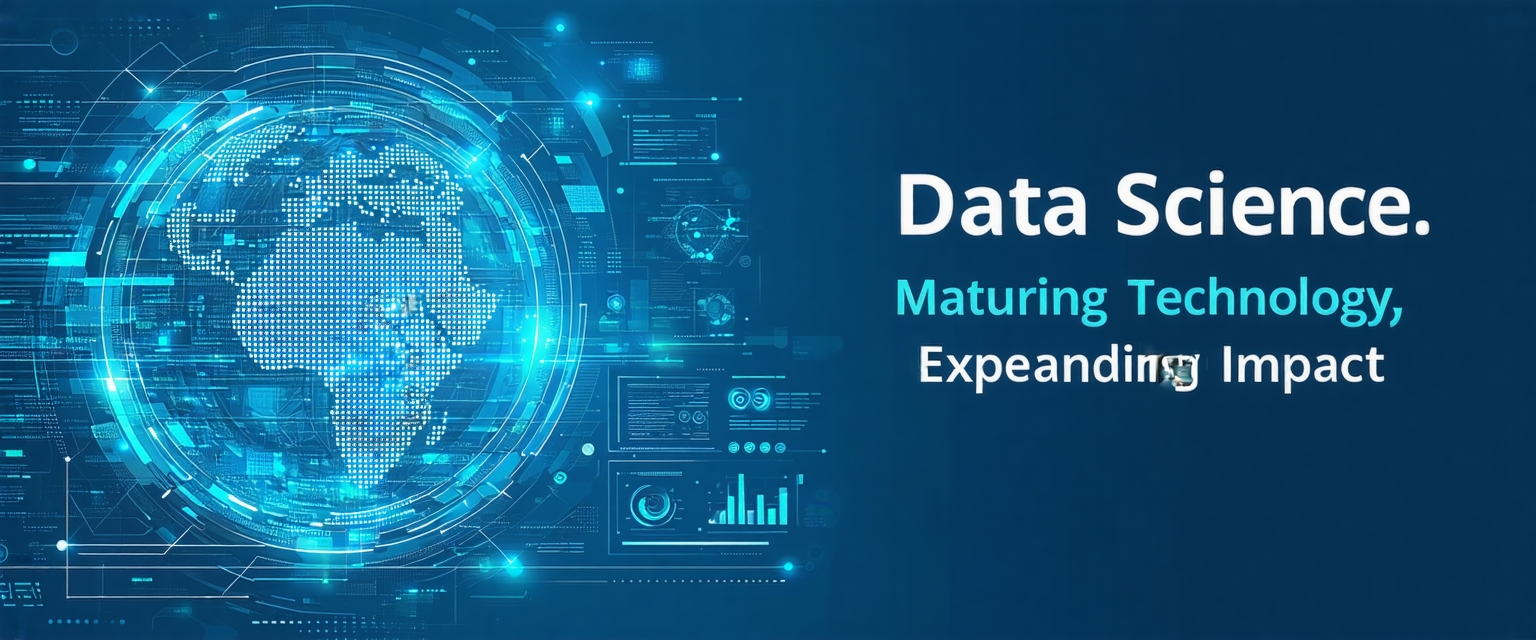






Data science, the interdisciplinary field combining statistics, computer science, and domain expertise to extract knowledge and insights from structured and unstructured data, has rapidly evolved from a niche academic pursuit to a transformative force across industries. Its rise is inextricably linked to the exponential growth of data generation and the development of powerful computational tools.
The foundations of data science were laid decades ago with advancements in statistical modeling and machine learning algorithms. However, the true explosion of the field occurred in the late 2000s and early 2010s, fueled by the proliferation of the internet, social media, and the emergence of big data. The ability to store, process, and analyze massive datasets opened up unprecedented opportunities for discovery and innovation.
Early applications focused on targeted advertising and fraud detection. Gradually, its reach expanded to healthcare, finance, manufacturing, and many other sectors.
Recent years have witnessed significant advancements in several key areas. The rise of deep learning, a subfield of machine learning, has led to breakthroughs in image recognition, natural language processing, and other complex tasks. Explainable AI (XAI) is gaining traction, aiming to address the “black box” problem inherent in many sophisticated algorithms by making their decision-making processes more transparent.
Furthermore, advancements in cloud computing have made powerful data processing capabilities accessible to a wider range of organizations and researchers. This democratization of data science is lowering the barrier to entry for smaller companies and fostering greater innovation.
According to Dr. Anya Petrova, a leading data scientist at MIT, “The future of data science lies in its ability to tackle complex societal challenges, from climate change to healthcare disparities. This requires not only technological advancements but also ethical considerations and responsible data governance.” (Source: Personal communication, October 26, 2023)
Similarly, a recent report by Gartner predicts that by 2025, citizen data scientists (individuals with some data science skills but not necessarily formal training) will contribute to 80% of data science initiatives. (Source: Gartner, 2023)
The opportunities presented by data science are immense, ranging from improved healthcare diagnostics to more efficient resource management. However, significant risks exist, including data bias, privacy concerns, and the potential for misuse of algorithms. Robust ethical frameworks and regulations are vital to mitigate these risks.
Looking ahead, we can anticipate further advancements in areas such as causal inference (understanding cause-and-effect relationships), automated machine learning (AutoML), and the integration of data science with other emerging technologies like the metaverse and quantum computing. The field is poised for continued growth and transformation, shaping the future of numerous industries.
“`